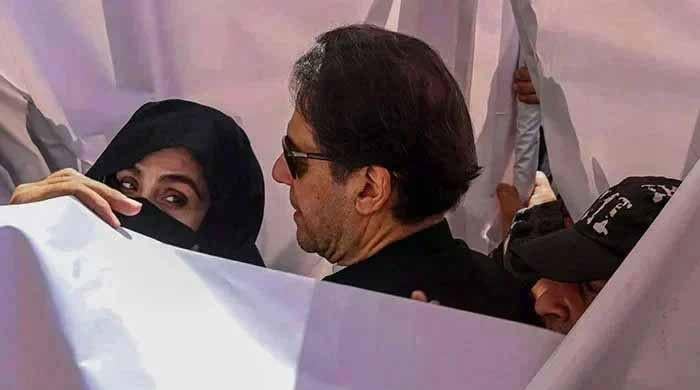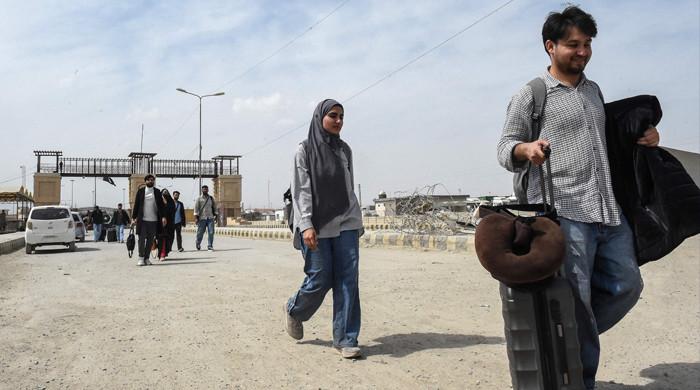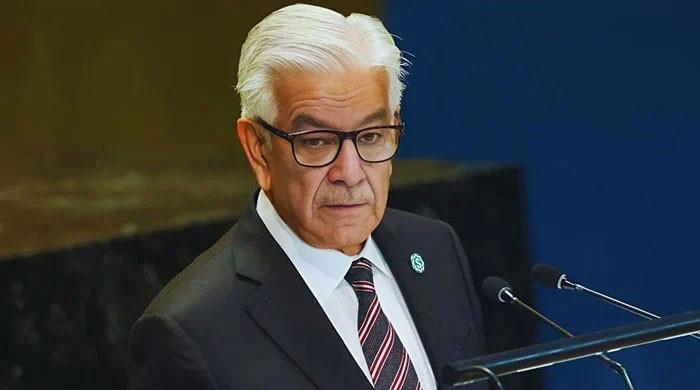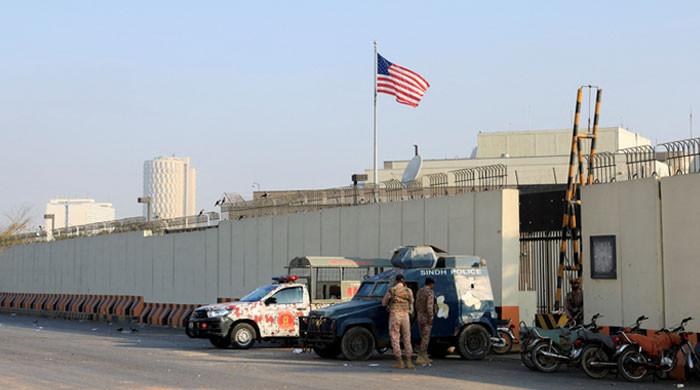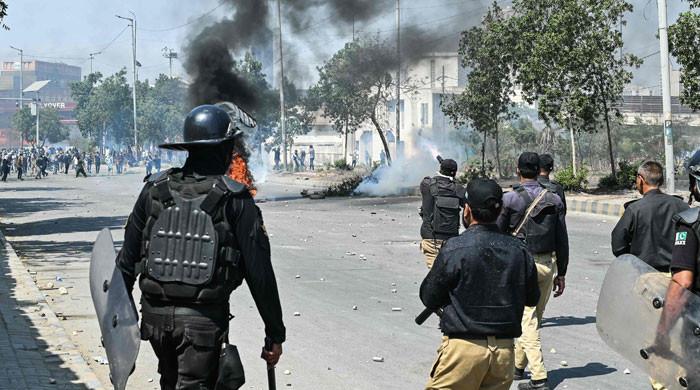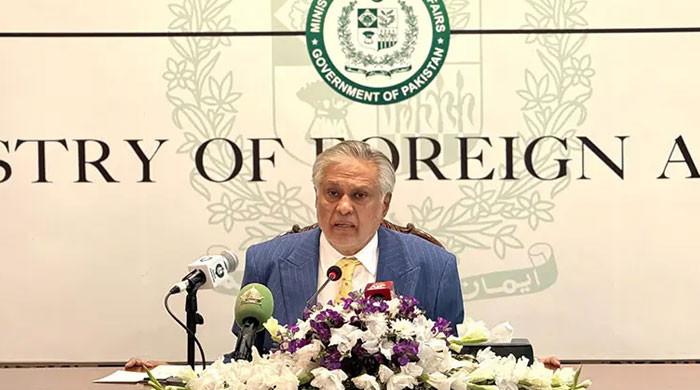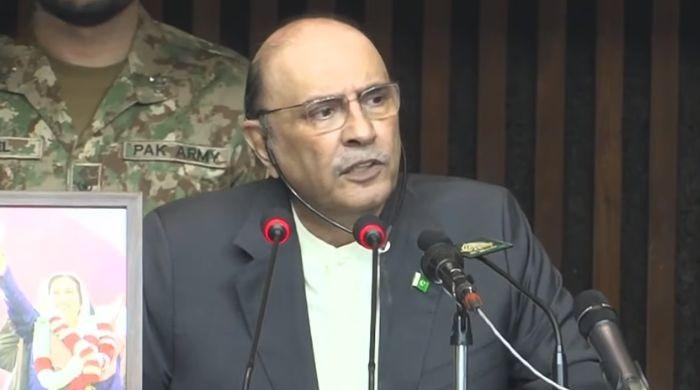What should you expect from your parliamentarian?
An MNA has several responsibilities including represent his/her constituency, keeping the govt in check among others
January 04, 2020
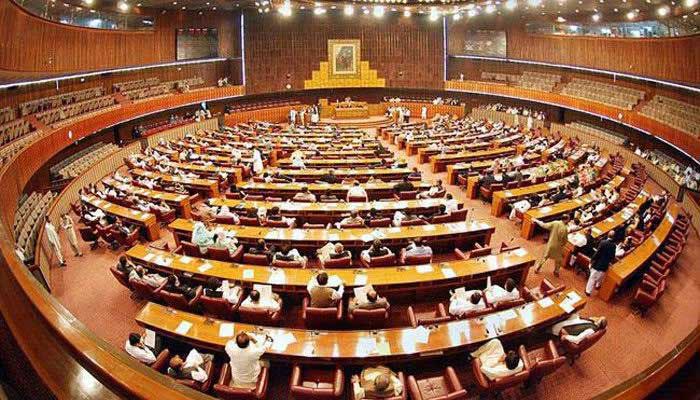
Whether elected directly or nominated indirectly to the parliament, a member of the national assembly (MNA) has the following responsibilities: represent his/her constituency, keep the government in check, make new or change existing laws, and debate important or urgent issues of the day.
Constituency politics
A constituency is a geographically distinct area from where a politician is voted into power. “Legislators have to listen to and navigate through all the demands put before them”, notes the Islamabad-based think tank PILDAT, in its report titled, “How to be an effective legislator?”
A constituent’s, as per PILDAT, can vary from controlling inflation, to provision of gas and other basic utilities, more schools or government jobs. “This is where the legislators need to make only tangible promises,” the report adds.
In addition the parliamentarian should facilitate “voters to understand and appreciate that there is a requirement for the representative to be effective in the legislature and in the parliamentary committees.”
In the parliament
Here lies the bulk of the parliamentarian’s work, also known as a lawmaker. The central role of a parliament, anywhere in the world, is to make new laws, as well as amend or change existing legislation.
According to PILDAT, a lawmaker, in order to be effective, must first familiarize his/herself with the Rules of Procedure and the Conduct of Business in the National Assembly, which includes that a member:
(a) shall not read any book, newspaper or letter except in connection with business of the Assembly
(b) shall not pass between the Chair and any member who is speaking
(c) shall not interrupt any member while speaking by disorderly expression or noises or in any other disorderly manner
(d) shall always address the Chair
(e) shall keep to his usual seat while addressing the Assembly
(f) shall maintain silence when not speaking in the Assembly
(g) shall not obstruct proceedings and shall avoid making running commentaries when speeches are being made in the Assembly
(h) shall not chant slogans, display banners or placards, throw and tear table documents and reports, etc.
(i) shall not indulge in rowdy behaviour
(j) shall not approach the dais of the Speaker in a threatening manner
(k) shall not act to erode the sanctity of the House or act in a manner which lowers the dignity of the House
(l) shall not act in any manner detrimental to the order and decorum of the House
(m) shall not applaud when a stranger enters any of the galleries except when a foreign delegation or a foreign dignitary is specially invited to the sitting
(n) shall not while speaking make any reference to a stranger in any of the galleries except when a foreign delegation or a foreign dignitary is specially invited to the sitting
(o) shall not occupy a seat in the galleries nor while in the Chamber engage himself in conversation with any visitor in a gallery
(p) shall not use a mobile telephone
(q) shall not chew or eat or drink or smoke; and
(r) shall not bring any stick unless permitted by the Speaker.
These rules have been laid out to facilitate debate in the house rather than disrupting it. Rule 31 of the national assembly further adds that members should refrain from discussing matters that are subjudice in a court of law or making personal attacks.
Points of Order
In the parliament, a MNA may raise a point of order on the floor of the House to bring the speaker’s immediate attendance to the violation of certain rules. However, these orders are often misused to disrupt the proceedings of the parliament.
Right of Reply
Each member has a right to reply to any matter referred to him/her.
Adjournment Motions
A member may table an adjournment motion of public importance. “When a major event has occurred and debate is urgently required, a motion for an adjournment of the business of the House for the purpose of discussion on that specific matter of urgent public importance may be raised, but only with the consent of the Speaker,” explains PILDAT.
It further adds that the motion must be tabled a day prior to the debate.
Calling Attention Motions
Another way to raise an issue of public importance is through calling attention notices. These are more direct, and require a three-day notice prior to be scheduled.
“Calling attention notices allow members to ask concerned ministers a particular question of public importance. In calling attention, no debate is allowed and only one question can be asked by each mover,” states the PILDAT’s report.
Lawmaking
Laws can be made in two ways, through private members bills and/or resolutions.
Both can be proposed by individual members of the house and may be taken up for debate. In Pakistan, the legislative “initiative mainly lies with the government and bulk of draft legislation comes in from the Executive. The role of legislators is to scrutinize this draft legislation and ensure its consistency with constitutional requirements and the wellbeing of the people,” notes PILDAT.
Scrutiny
Off the floor of the house, the parliamentarians have an equally important task of examining in detail each bill referred to the special national assembly committees, which act as watchdogs. Lawmakers must pour of the details of each draft and ensure that the proposed law is effective and in keeping with the largest public interest.
Lawmakers, old and new, suggests PILDAT, must go the House prepared, their “speeches should be brief, to-the-point, focused and based on facts.”




